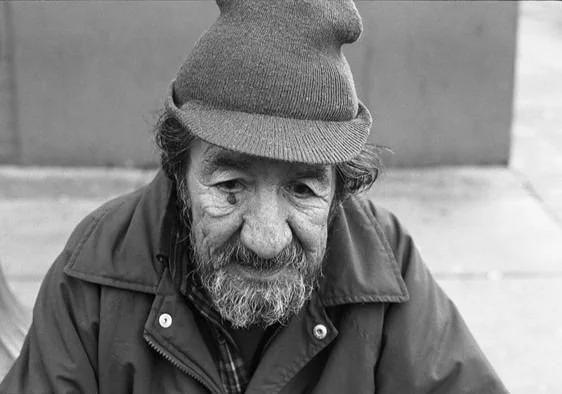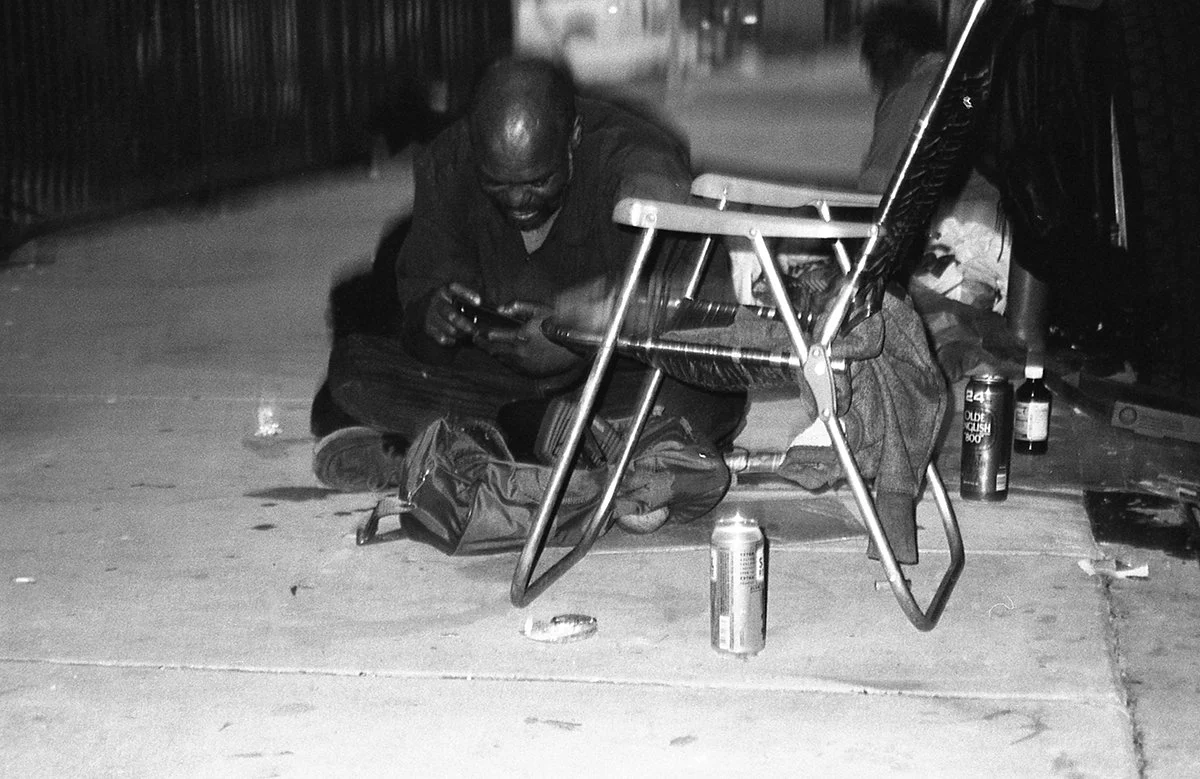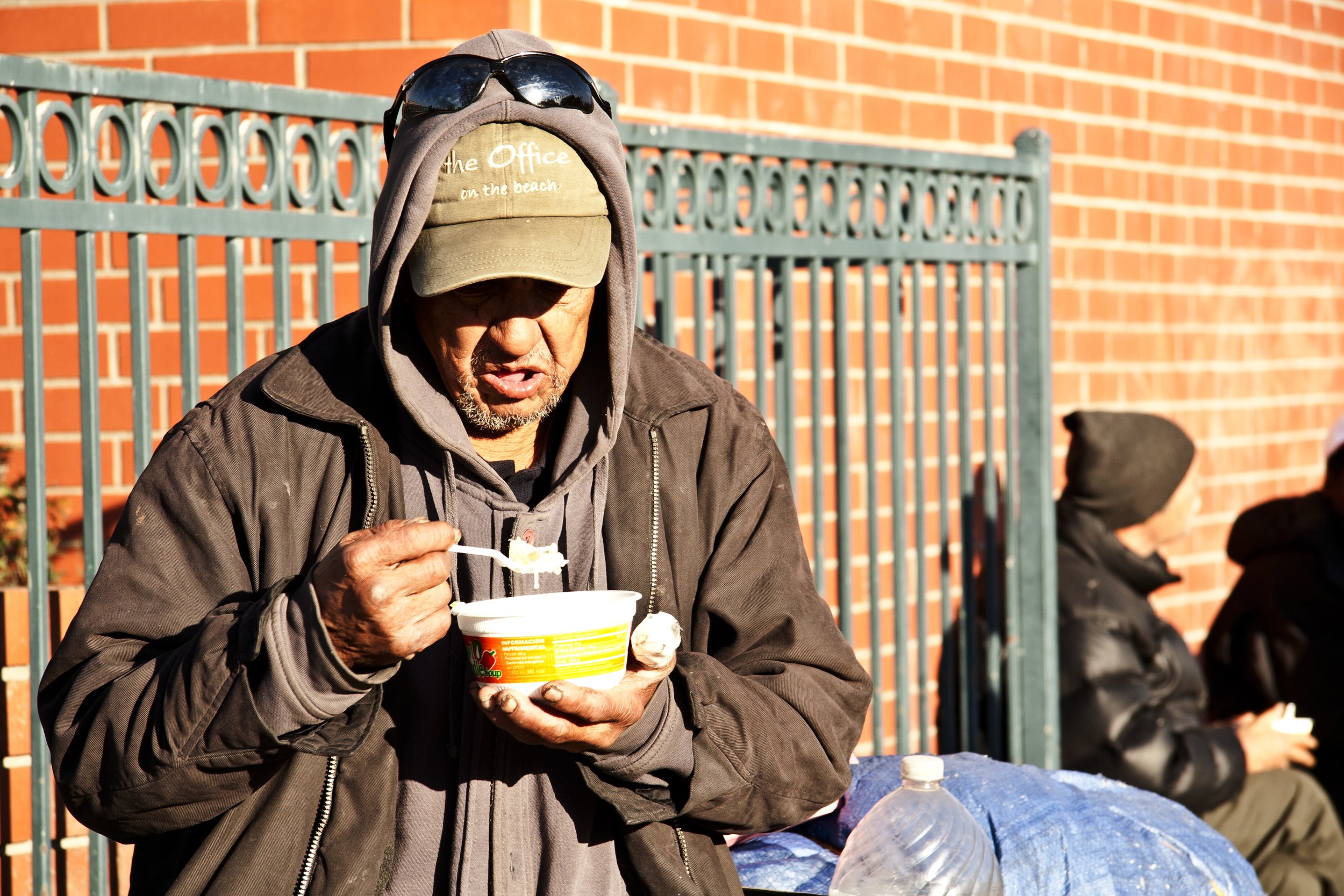Photography/Illustration Courtesy of Julian Lucas ©2013
Pomona can be a very nice community where families can rely on their kids, where parks echo with the joyful sounds of children’s laughter, and where safety and peace can reign. Unfortunately, people who dream of having a place where there isn’t too much danger are still at a great distance. Pomona struggles with the harsh realities of crime and violence, fueled by issues such as drugs and prostitution. Each day, many innocent students and adults cross dangerous paths created by those who do not care, exposing others to the risks of following in their footsteps. The presence of crime not only threatens safety but also diminishes the sense of community and trust among residents. If Pomona could be free from these destructive influences, it could become the kind of place that others admire and choose as a home, a place where families feel safe, and children can grow up without fear.
COMPARE THE POMONAN’S APPROACH TO TRADITIONAL NEW MEDIA
Most people believe that they are living in a nice community, but appearances can sometimes be deceiving. Nowadays, with technology at our fingertips, people consume news at an unprecedented rate, yet the most pressing issues often go unnoticed. While mainstream media tends to focus on sensational stories that capture attention, it often overlooks the deeper problems affecting communities—particularly crimes related to drugs and prostitution. The Pomonan takes a different approach, shifting the focus away from merely critiquing the past and instead envisioning a future where the community can rise above these challenges. Rather than dwelling solely on negativity, it seeks to inspire change and encourage collective action, fostering a vision of Pomona as a safer, more vibrant place for families.
DISCUSS WHY INCLUSIVITY AND COMMUNITY VOICES ARE IMPORTANT IN JOURNALISM
In journalism, inclusivity and amplifying community voices are essential because they ensure that stories reflect the diverse experiences and perspectives of all individuals within the community. Without these voices, reports on crime, social issues, and local struggles may fail to capture the full reality of what people endure daily. For example, the challenges Pomona faces with crime, drugs, and prostitution cannot be fully understood without listening to the stories of those most affected—whether they are victims, advocates, or those seeking a way out. When people are given the opportunity to share their thoughts and life experiences, it fosters a greater sense of empowerment, trust, and solidarity within the community. Ultimately, journalism should not just report on problems; it should also highlight resilience, promote solutions, and inspire action. A truly impactful news platform goes beyond headlines to illuminate the human stories behind the statistics, fostering hope and motivating meaningful change.
SUGGEST HOW SIMILAR PLATFORMS CAN ADDRESS THE ISSUES
Addressing the challenges of drugs and prostitution requires a multi-faceted approach, where both the community and city officials collaborate toward sustainable solutions. Local government must take the lead in investigating criminal activities, enforcing laws, and implementing stricter regulations to dismantle the root causes of crime. However, law enforcement alone is not a complete solution, as history has shown that punitive measures often fail to address the deeper societal factors driving individuals toward these lifestyles. Instead, a stronger emphasis must be placed on education, rehabilitation, and providing opportunities for people to escape these harmful circumstances. Programs that offer career training, mental health support, and substance abuse rehabilitation can give individuals a second chance at life. Additionally, the community itself plays a crucial role in fostering a culture of support and responsibility. When residents come together to advocate for change, mentor at-risk youth, and create safe spaces, they contribute to the transformation of Pomona into a place where safety, opportunity, and hope outweigh the cycle of crime. By implementing these solutions, Pomona can become a model city where people not only live but thrive, knowing that their collective efforts have led to a better, stronger, and safer community.
Students in Pomona High School's AP Economics and Government class have exhibited their understanding of real-world issues by writing insightful op-eds, photo essays, and film shorts for The Pomonan. Combining critical analysis with a touch of journalism, these submissions explore topics at the intersection of economics and government while fostering meaningful engagement with their community. Encouraged by their teacher Mr. Hangan to think deeply and articulate their perspectives, these young writers have demonstrated creativity, civic awareness, and a growing appreciation for the power of the written word in shaping public discourse.










